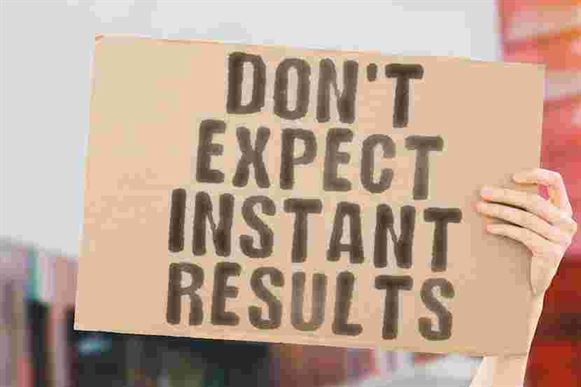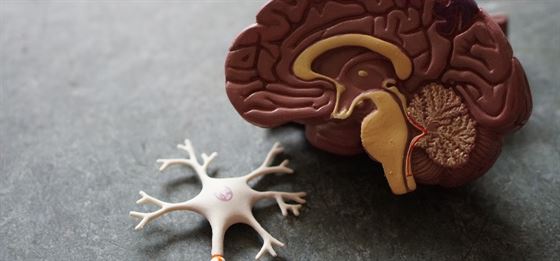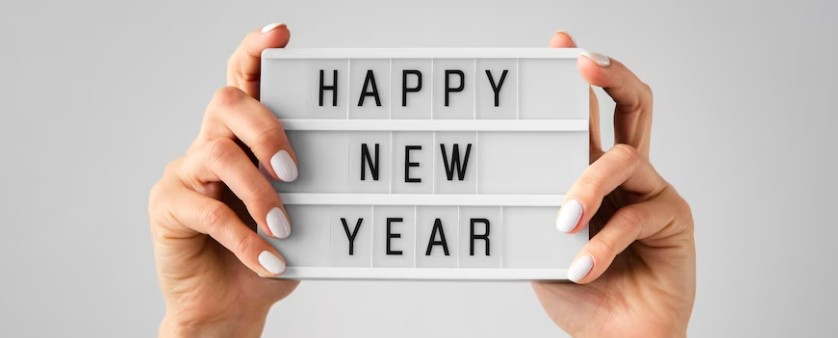
Managing the Need for Instant Gratification

The world we live in is all about instant gratification. From texting friends to streaming movies, you can access almost anything you want at the click of a button. While this is great in some ways, it can be detrimental when it comes to staying focused on your goals and managing your distractions.
What does The Stanford Marshmallow Experiment reveal About Instant Gratification?
The Stanford Marshmallow Experiment is a classic psychological experiment which reveals the power of delayed gratification. In the 1960s, psychologist Walter Mischel conducted an experiment in which he offered preschoolers a marshmallow. Children were told they could eat the marshmallow immediately or if they waited 15 minutes, they would receive two marshmallows.
Through his research, Mischel found those able to delay gratification had greater success later in life compared with the children who gave in and ate the treat right away. These kids performed better academically years down the line, displayed fewer behavioral issues and scored much higher in school exams than their counterparts.
8 Strategies to Help You Stay Focused on the goal
Overcoming the urge to indulge in instant gratification is easier said than done, and it can distract from accomplishing important goals. Here are 7 strategies you can use to help you stay focused and have the benefits of waiting:
1. Accountability Partner
An accountability partner can be incredibly helpful in keeping you on track and avoiding distractions. Having someone who checks in on your progress regularly can be a great motivator and prevent you from getting sidetracked by other activities.
2. Practice Positive Replacement Behavior
Everyone has temptations which can be difficult to resist, however, these impulses can be replaced with healthy habits. If you are looking for a way to break free from an addiction, then substituting the bad habit with something positive can be beneficial. For instance, making healthier decisions instead of unhealthy ones gives you a chance to make changes in your life.
For example: Instead of streaming Netflix each night before bedtime, I will invest my time reading books which help me unwind and relax for 30-45 minutes.
3. Positive Distraction
When you are facing a challenging task, it can be tempting to procrastinate and turn to something more enjoyable instead. If this is the case, one solution is to choose a positive distraction such as listening to music or taking a short walk. Positive distractions help you relax and refocus so you can tackle difficult tasks with more clarity and efficiency.
4. Take Frequent Breaks
Taking breaks throughout the day helps keep your mind fresh, reduces stress levels, increases focus and productivity and prevents burnout. You can increase your productivity and efficiency with the Pomodoro Technique. This time management approach developed by Francesco Cirillo is based on 25-minute periods of concentrated work, followed by brief 5-minute breaks - making it a perfect system for busy people.
5. Always Set Timelines
Setting specific goals with timelines will help keep you focused on what’s important and give you something tangible to work towards. It also allows for better time management since it forces you to plan out each day rather than just winging it or getting distracted by other tasks.
6. Break Down Big Tasks
Big tasks can seem overwhelming, so breaking them down into smaller, more manageable pieces can make them feel less daunting and easier to tackle one step at a time. This way the task won’t seem so daunting it leads to procrastination or avoidance behavior which is often caused by fear of the unknown or feeling overwhelmed by the scope of the task at hand.
7. Reward Yourself
A reward system helps keep you motivated as you work towards your goals because it provides something concrete that will happen once those goals are met (or even along the way). Rewards don’t have to be extravagant – they could be something as simple as taking a break or having a cup of tea when certain steps are accomplished.
8. Avoid Multitasking
Multitasking may seem like an efficient way of getting things done but research has shown multitasking actually decreases productivity because our brains struggle to switch between different tasks quickly enough for us to be successful at both things simultaneously. So instead of trying to do too many things at once, focus on one task at a time until completion–you might find yourself getting more done than ever before.
Everyone loves instant gratification but sometimes it can lead you astray from achieving your long-term goals if you get too wrapped up in short-term pleasures like scrolling through social media feeds or watching TV shows instead of working towards what really matters most in life. Having strategies in place that help you stay on track and avoid these temptations can make all the difference between success and failure. Implementing positive distractions, setting timelines and rewarding yourself can help you stay focused on your goals and get things done more efficiently.
Articles
Build your awareness and get inspired with our researched articles on how you can strengthen your well-being
Popular Topics
An OTP has been sent to the email address
provided.
Please check your Inbox and Spam folders.

What Would You Like to Speak with a Specialist About?
Mental Fitness Journey starts Now!
Chearful Connects you with Top-tier Qualified Wellness specialists for the Price of a cup of Coffee!

Next Steps
- A Client Team member will reach out to you to schedule a session with the most suitable specialist.
- You will receive an email with a 10% Discount Code* for your 1st session.
- We invite you to Explore the Platform & Sign Up today! *Upto a maximum of $10 discount on a session purchased




 3229 Read
3229 Read



.jpg)







.png)

.jpg)

.jpg)




.jpg)































.jpg)


.jpg)
.jpg)






























